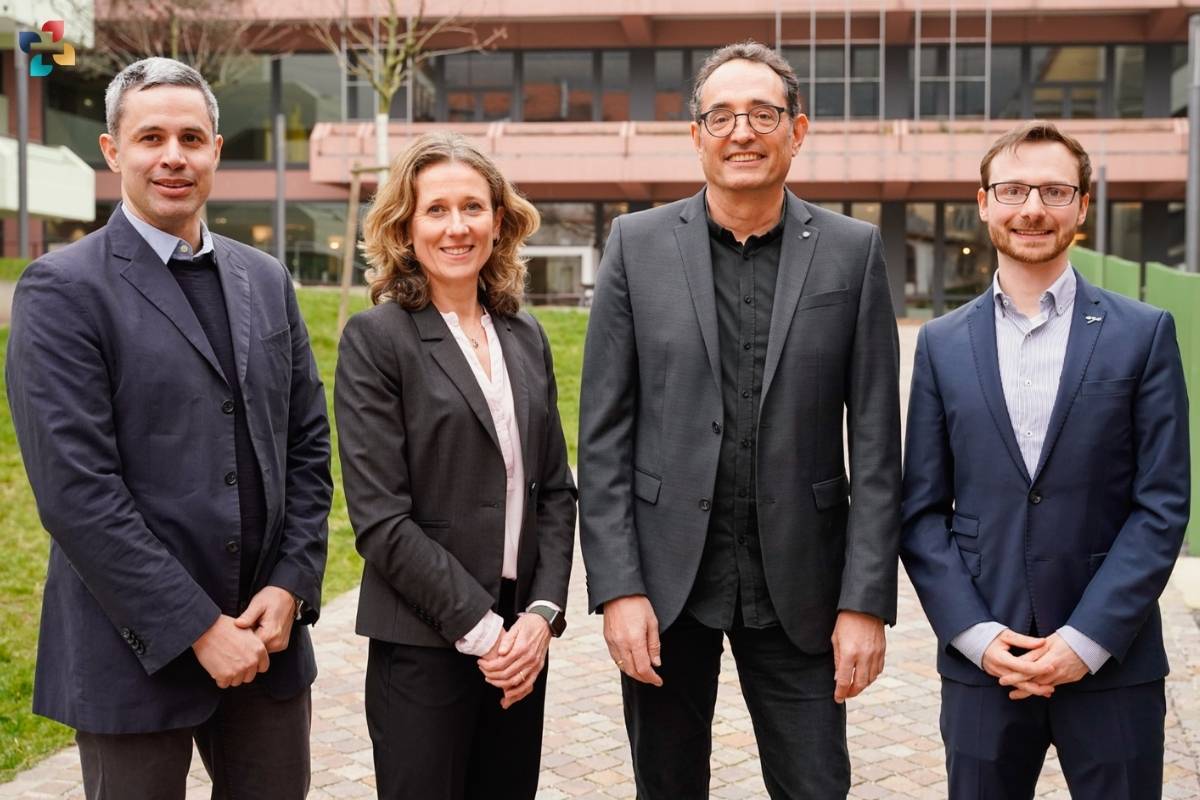Source-kit.edu
Center for Synthetic Genomics Established by Leading German Universities
Heidelberg University, Karlsruhe Institute of Technology (KIT), and Johannes Gutenberg University Mainz (JGU) have joined forces to establish a groundbreaking interdisciplinary center focused on synthetic genomics. Named the Center for Synthetic Genomics (CZS Center SynGen), the initiative aims to revolutionize DNA synthesis technologies and pave the way for producing entire artificial genomes. Funded by the Carl Zeiss Foundation with twelve million euros over six years, the center will leverage cutting-edge methods of artificial intelligence to advance basic research and technology development in synthetic genomics.
The initiative is spearheaded by systems biologist Professor Michael Knop, Deputy Director of the Center for Molecular Biology at Heidelberg University. With the past two decades dominated by genome sequencing advancements, the CZS Center SynGen seeks to accelerate the modification and creation of genomes using innovative DNA synthesis and assembly techniques. Through collaborative efforts, researchers aim to design synthetic DNA sequences, harnessing AI-based analysis and modeling to introduce targeted modifications and functionalities into organism genomes.
Advancing Research and Applications in Biotechnology and Medicine
The CZS Center SynGen envisions a future where synthetic DNA sequences can be utilized across various fields, including research, nanomaterials science, and medicine. By harnessing the power of synthetic genomics, the center aims to develop biotechnologically manufactured products, known as biologics, with applications ranging from bio-based medicines to gene therapies for diseases. Additionally, the center’s efforts aim to contribute to the development of pest-resistant plants, biofuel production, and advancements in material science.
The establishment of the center underscores the importance of interdisciplinary collaboration in driving innovation in the life sciences. Drawing on the expertise of three leading research institutions, the CZS Center SynGen aims to bridge the gap between basic research and technology development, ultimately translating scientific discoveries into tangible solutions for societal challenges.
Collaboration and Future Prospects
The CZS Center SynGen officially commenced its operations in January 2024, bringing together researchers from diverse disciplines, including biology, biochemistry, biophysics, biotechnology, synthetic biology, and bioengineering. In addition to fostering collaboration among academia, the center also aims to engage international experts and early-career researchers to expand its research capabilities.
A key component of the center’s activities is the establishment of a competence center for synthetic DNA synthesis, known as the CZS Center Synthetic DNA Accelerator Lab, in Heidelberg. The initiative also includes collaboration with external partners from science and business, further enhancing its potential impact.
The official inauguration of the CZS Center SynGen took place at Heidelberg University on March 4, 2024, marking a significant milestone in advancing synthetic genomics research and its applications in biotechnology and medicine.







